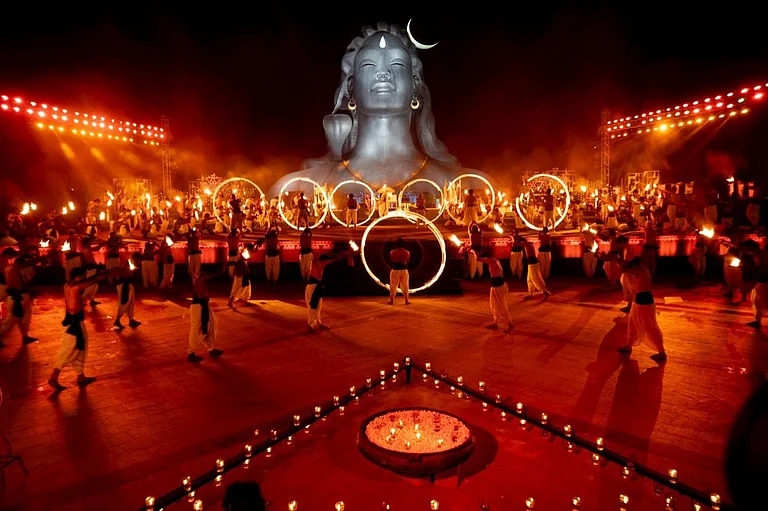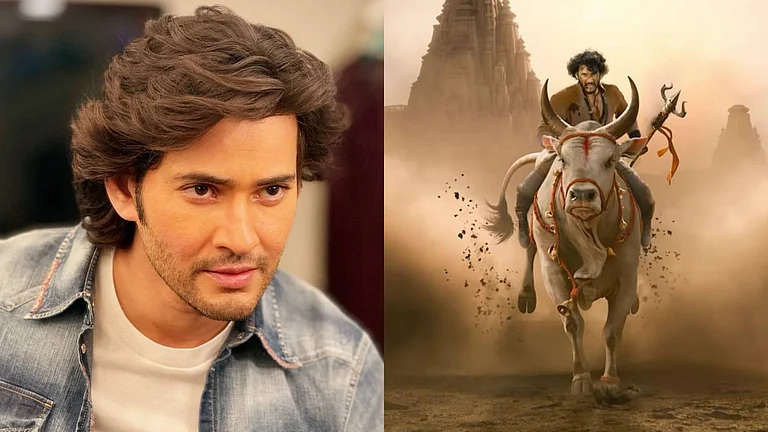In its report, the Archaeological Survey of India (ASI) confirmed the presence of a Hindu temple before Gyanvapi mosque was built. The details of the report were read out by Advocate Vishnu Shankar Jain, representing the Hindu side in the case.
A day before, the Varanasi court agreed to make the Archaeological Survey's report available to both the Hindu and Muslim sides.
It was told that the concerned parties will have to submit an affidavit in this regard
On December 18, the Archaeological Survey of India (ASI) submitted the report on the Gyanvapi Mosque complex before the Varanasi District Court in a sealed cover following which, Advocate Vishnu Shankar Jain, representing the Hindu side in the case, filed a petition before the court to make the ASI report public. He argued that the report "cannot be filed in a sealed cover".
About the survey by ASI
In a bid to ascertain whether the 17th-century mosque was constructed over a pre-existing structure of a Hindu temple, ASI carried out a scientific survey of the Gyanvapi premises which is located next to the Kashi Vishwanath temple.
The survey began following Allahabad High Court's ruling that the step was "necessary in the interest of justice" and would benefit both the Hindu and Muslim sides in the dispute.
After the Allahabad High Court order, the Gyanvapi committee moved the Supreme Court against the order.
The Supreme Court had, in August last year, refused to stay the high court's order on the ASI survey.






















